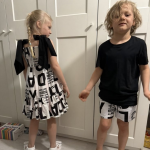From Nonverbal Autism to Dialogue
Early Detection is Critical
Successful treatment of autism, which can reduce the impact of the disorder and help a child grow and develop, greatly depends on early identification of symptoms — ideally before 18 months of age.
When and How Autism Manifests
Autism can be diagnosed in infancy or early childhood. It causes developmental delays in areas such as speech, cognitive abilities, and social interaction. Each child shows varying degrees of difficulty in the following three core areas:
- Challenges with verbal and nonverbal communication
- Inability to recognize the surrounding world
- Sensory system dysfunctions
Characteristics of Nonverbal Autism
Children with nonverbal communication difficulties may say only a few words or short phrases — most do not use spoken language at all.
- Some use words without understanding their full meaning. For example, they may say “car” when they want to go on a trip — one word expresses a full idea.
- Others struggle with constructing sentences. They may repeat phrases from advertisements, TV shows, poems, or songs not to express themselves, but as a form of self-soothing.
- Nonverbal communication alternatives such as sign language or writing are often used effectively.
Importantly, nonverbal children understand more than they can express.
Why Speech Matters
Even basic speech is essential for expressing needs. In this context, speech therapy plays a crucial role in developing communication skills necessary for social interaction. This begins with addressing the primary communication challenges:
- Body Language Recognition
Speech therapists teach children to understand body language and gestures, which helps them interpret emotions and intentions of others. - Social Skills Development
Alongside play therapy, music therapy, art therapy, and occupational therapy, speech therapy helps children learn to interact, make friends, share, and more. This includes building vocabulary and forming complete, properly structured sentences. - Prosody and Intonation
Many nonverbal autistic individuals speak, at best, in a monotone. To address this, music therapists and speech therapists work together to enhance vocal expression using techniques like melodic speech training.
The Role of Speech Therapy
Speech therapy is essential for recovery in nonverbal autism. It helps children enter meaningful communication and build social relationships. However, it does not cure autism — the root cause of speech limitations.
Medical Intervention: Stem Cell Therapy
To address autism itself, medical intervention is required. The most effective method is stem cell therapy, an innovative, reliable, and natural approach that stimulates the body’s regenerative abilities. It involves transplanting stem cells, which can transform into any type of cell and replace damaged ones with healthy counterparts.
Results and Long-Term Impact
Improvements are often visible shortly after the procedure, including:
- Normalization of brain and nervous system function
- Behavioral stabilization
- Reduction or elimination of other autism symptoms
These results are often long-lasting or even permanent, which also enhances the effectiveness of other treatments.
Trusted Treatment at Leading Clinics
This method is already widely recognized and may become mainstream in the future. For now, it’s practiced by a limited number of leading clinics worldwide — including the Mardaleishvili Medical Center. Their specialists have extensive successful experience in stem cell transplantation.
Advanced equipment ensures minimally invasive and highly safe procedures. The center offers world-class care at lower costs than in other countries, and provides assistance with travel, accommodations, and rehabilitation arrangements.
Choose Stem Cell Therapy — Let Your Child Find Their Voice!
Autism Treatment Center Videos
Autism treatment with own stem cells
Cord blood association congress
International Quality Crown
Autism Treatment Reviews
Autism treatment with own stem cells
The story of Alessandro (6 years old)
Autism Patient Testimonial - Stem Cell Treatment
Clients Testimonials
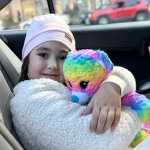
Lidiya — Elina’s mother Read More
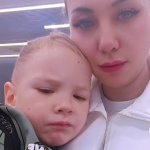
Anna – Sasha’s mother Read More

Amirkhon’s father — Tokhir Read More
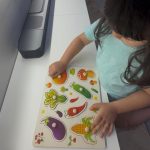
Dilana’s mother Read More
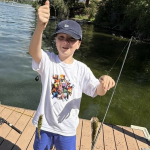
Irina and Stefan – Ilya’s parents Read More
